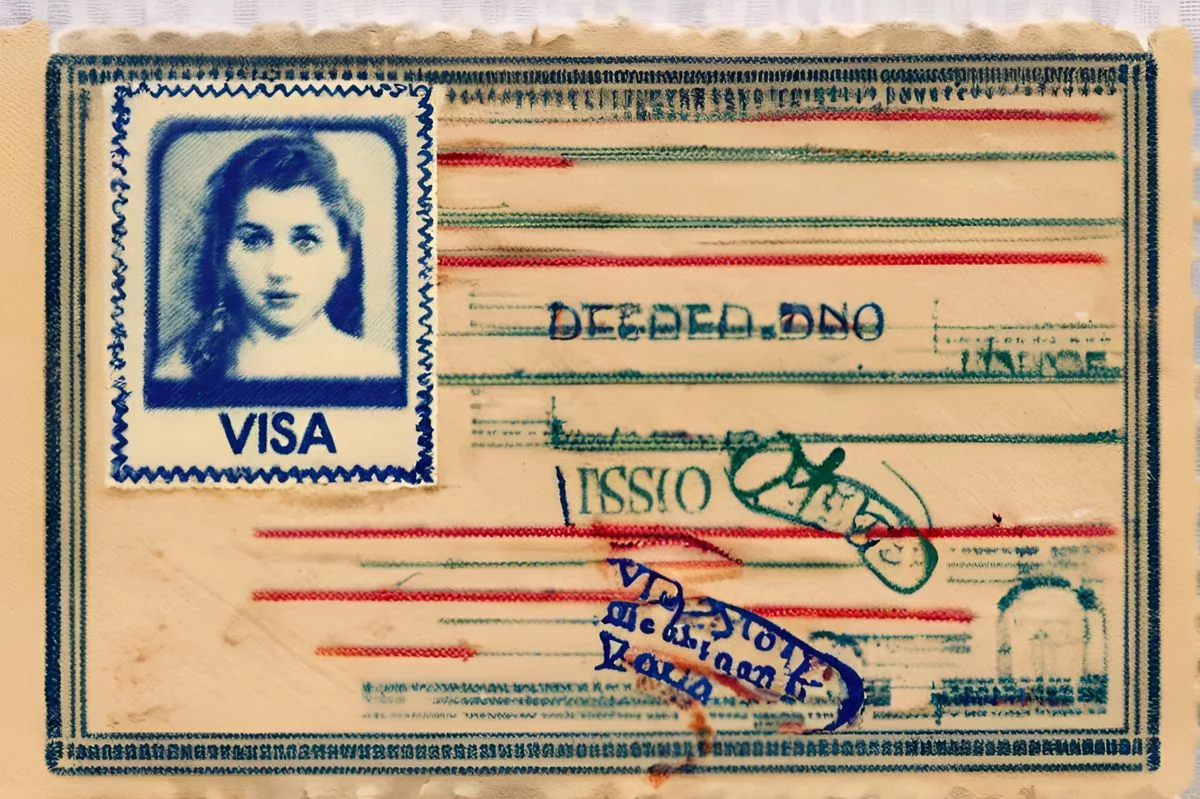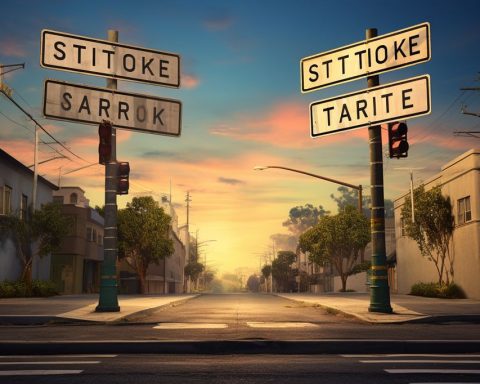Ireland has announced visa requirements for citizens of South Africa and Botswana, which will take effect from next week. Previously, these countries were classified as ‘safe countries of origin’, allowing their citizens to travel to Ireland without a visa. The Irish Department of Justice cites a “significant number of international protection applications” as the reason for the change, although neither country featured in the top five nationalities applying for international protection in Ireland. The move aims to bring Ireland’s regulations in line with the Schengen Area’s policies regarding these countries and mirror the UK’s stance towards South Africa.
A Sudden Policy Shift
Citizens of South Africa and Botswana will now be subject to visa requirements to enter Ireland, a change that will take effect from next week. The Department of Justice has justified this move as a response to a “significant number of international protection applications” originating from Botswana and South Africa.
A Sudden Policy Shift
In a surprising twist of immigration policy, citizens of South Africa and Botswana will now be subject to visa requirements to enter Ireland, a change that will take effect from next week. The Irish Minister for Justice, Helen McEntee, announced these imminent changes, which will also require transit visas for those aiming to travel through Ireland to other destinations. Despite the humorous inclination to link this drastic policy modification to Ireland’s recent loss to the Springboks in Pretoria, the reality is quite different.
Previously, travelers from these two African nations enjoyed the privilege of visa-free travel to Ireland, a nation affectionately referred to as the ‘Emerald Isle’. This was because their home countries were classified as ‘safe countries of origin’, removing the need for a visa. Yet, the ever-evolving world of international diplomacy has put a stop to this longstanding arrangement.
The Reasoning Behind the Change
As reported by The Irish Times, the Department of Justice has justified this move as a response to a “significant number of international protection applications” originating from Botswana and South Africa. However, this reason raises some eyebrows, given that neither of these countries featured in the top five nationalities applying for international protection in the five-month period ending in May. Dominating the application list were individuals from Nigeria, Jordan, Pakistan, Bangladesh, and Somalia. In stark contrast, applications from South Africa and Botswana combined amounted to less than 500, a number that pales in comparison to the 2,843 applications from Nigeria alone.
During her statement, McEntee noted that South Africa and Botswana were unique cases on the safe list, as their citizens were not required to secure visas before arriving in Ireland. She further clarified that the decision is “carefully considered” and is aimed at bringing Ireland’s regulations in line with the Schengen Area’s policies regarding these countries and mirroring the UK’s stance towards South Africa.
Continuous Revision and New Implementations
At the heart of Ireland’s visa requirements is the principle of continuous review, striking a balance between efficient immigration control and creating a welcoming environment for those wishing to travel to Ireland for various reasons – from casual tourism to employment and education, and even family reunions.
Reflecting the seriousness of this new policy, the Dublin visa office will set up a dedicated “South Africa desk” to handle applications from South African nationals. Additionally, the Department of Foreign Affairs intends to establish three visa application centers across South Africa, in collaboration with Global VFS, a well-known visa service provider.
The Implications of this Change
As this policy takes root, it begs the question: what will be the impact on the relationships between Ireland, South Africa, and Botswana? The future will reveal the repercussions of this shift. In the meantime, would-be travelers must learn to navigate these new rules and adapt to the fluctuating dynamics of global travel regulations.
1. What are the recent policy changes in Ireland’s visa requirements?
Ireland has announced that citizens of South Africa and Botswana will now be subject to visa requirements to enter the country, a change that will take effect from next week. Previously, these countries were classified as ‘safe countries of origin’, allowing their citizens to travel to Ireland without a visa.
2. What is the reason behind the change in policy?
The Department of Justice has justified this move as a response to a “significant number of international protection applications” originating from Botswana and South Africa. However, it is worth noting that neither of these countries featured in the top five nationalities applying for international protection in the five-month period ending in May.
3. How will the visa application process be handled?
The Dublin visa office will set up a dedicated “South Africa desk” to handle applications from South African nationals. Additionally, the Department of Foreign Affairs intends to establish three visa application centers across South Africa, in collaboration with Global VFS, a well-known visa service provider.
4. How does this change affect travelers from these countries?
Travelers from South Africa and Botswana must now apply for visas to enter Ireland. This also includes transit visas for those aiming to travel through Ireland to other destinations.
5. How does this policy change compare to other countries?
The move aims to bring Ireland’s regulations in line with the Schengen Area’s policies regarding these countries and mirror the UK’s stance towards South Africa.
6. What is the principle behind Ireland’s visa requirements?
At the heart of Ireland’s visa requirements is the principle of continuous review, striking a balance between efficient immigration control and creating a welcoming environment for those wishing to travel to Ireland for various reasons – from casual tourism to employment and education, and even family reunions.











